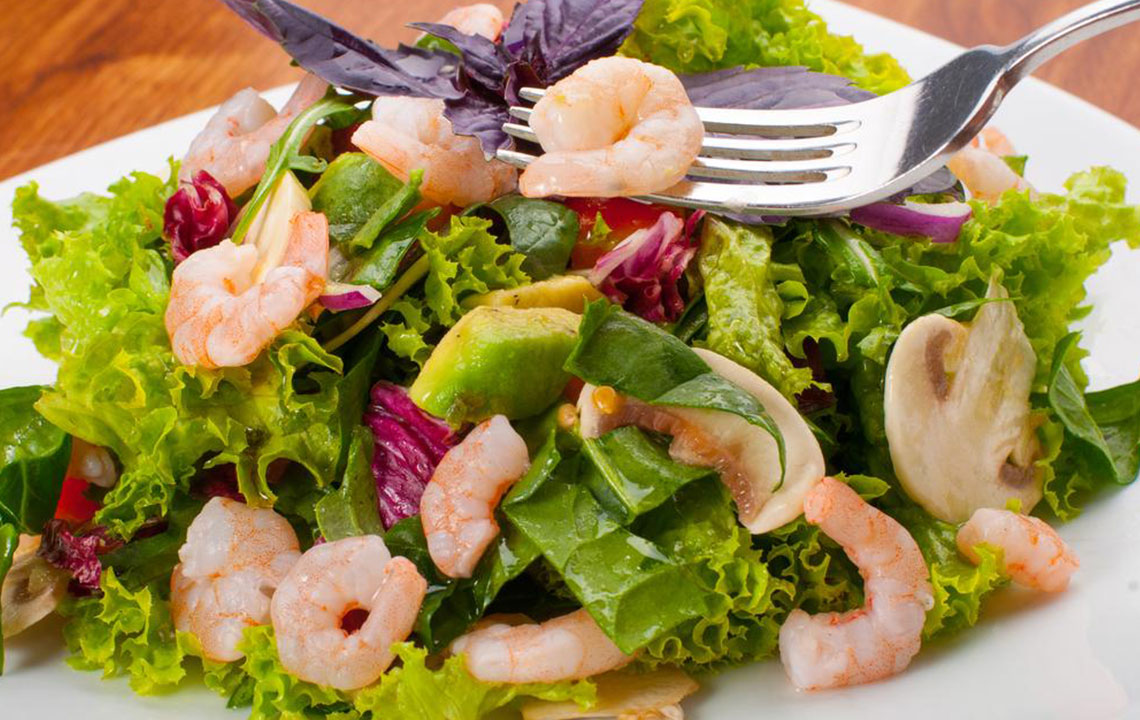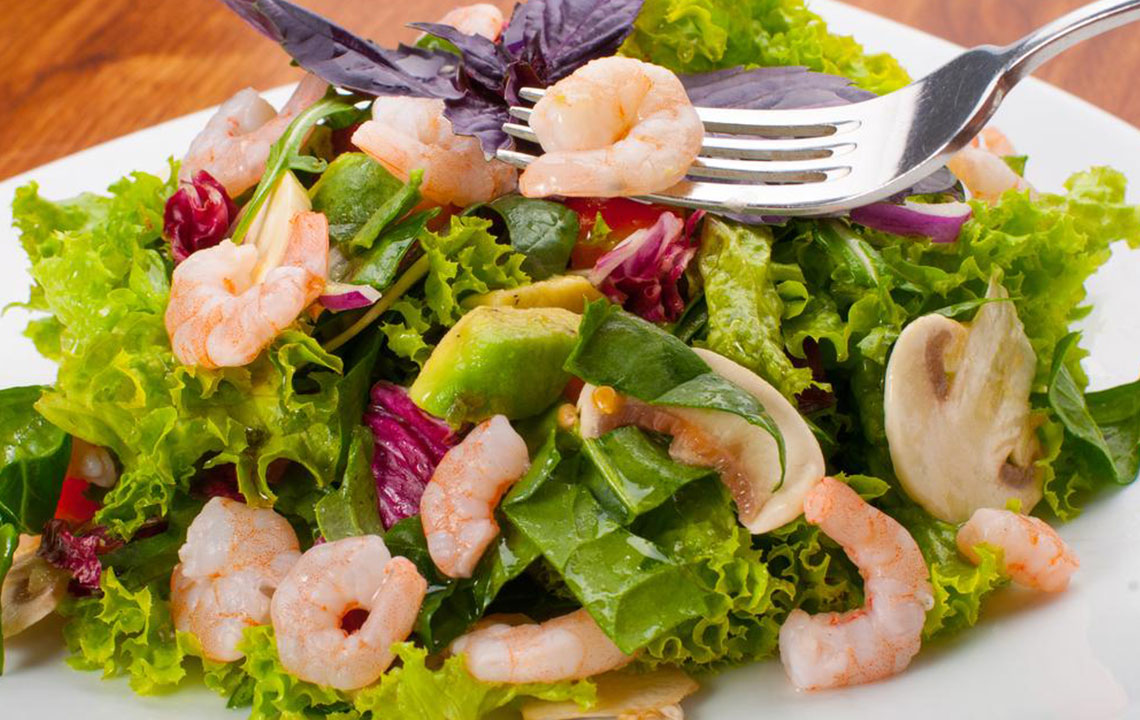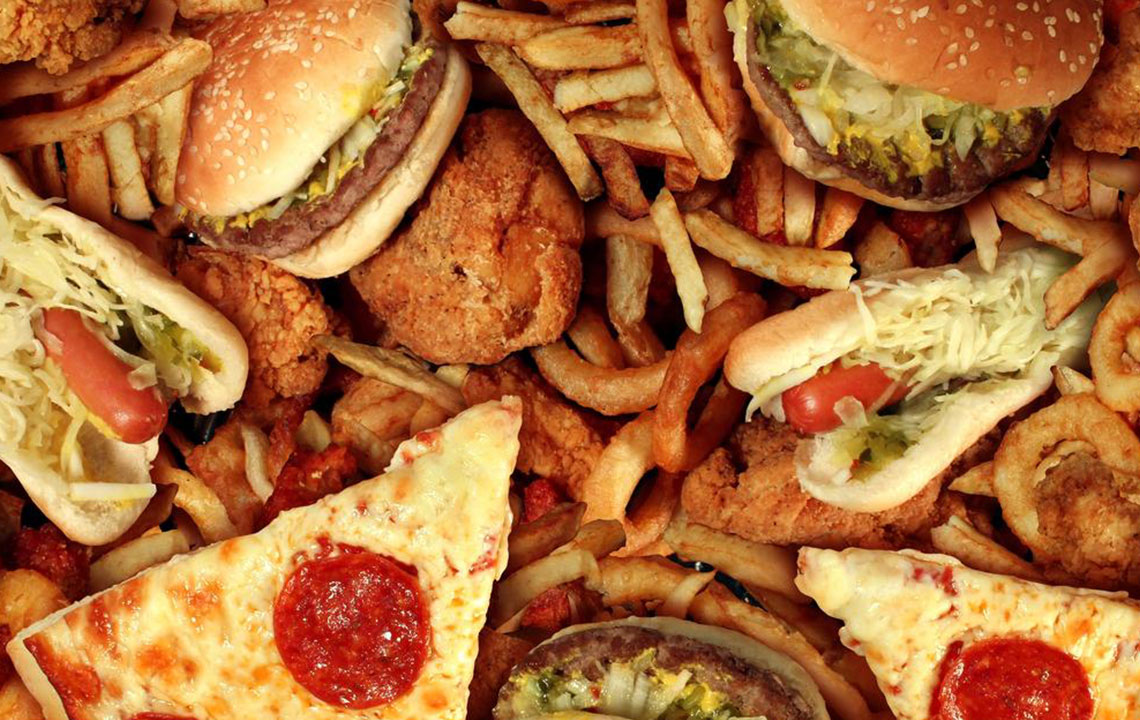Effective Dietary Approaches to Relieve Acid Reflux Naturally
This comprehensive guide explores effective dietary strategies to alleviate acid reflux symptoms naturally. It covers causes, symptoms, and practical tips on foods to include and avoid, emphasizing lifestyle modifications that can significantly improve digestive health and reduce reflux episodes.

Comprehensive Dietary Strategies for Rapid Relief from Acid Reflux
Are you frequently feeling a burning sensation in your chest or throat? These symptoms could be signs of Gastroesophageal Reflux Disease (GERD), commonly referred to as acid reflux. Understanding how to manage this condition through dietary modifications can significantly improve your quality of life and prevent long-term complications.
Physiologically, when you eat, a muscular ring known as the lower esophageal sphincter (LES) temporarily closes to prevent stomach acids from flowing back into the esophagus. However, if this sphincter weakens or relaxes improperly, stomach acids can escape, leading to the characteristic burning sensation known as heartburn. If unchecked, persistent reflux can develop into chronic GERD, causing additional health issues such as esophageal damage or increased risk of certain cancers.
Primary Causes of Acid Reflux
**Hiatal Hernia:** An abnormal protrusion of the stomach through the diaphragm into the chest cavity often leads to reflux.
**Post-Meal Positioning:** Lying down or bending forward immediately after heavy meals increases the likelihood of acid backflow.
**Obesity:** Excess body weight exerts pressure on the stomach, promoting reflux episodes.
**Trigger Foods:** Foods rich in acids and spices such as tomatoes, garlic, onions, spicy dishes, and fatty foods are common culprits.
**Lifestyle Factors:** Smoking and alcohol consumption weaken the LES and increase acid production.
**Dietary Habits:** Caffeine, carbonated beverages, and late-night snacking exacerbate symptoms.
**Physiological and Medication Factors:** Pregnancy and use of certain medications like blood pressure pills, aspirin, and NSAIDs can increase reflux risks.
Recognizable Symptoms
Typical signs include a burning sensation in the chest that radiates to the throat or jaw—a condition known as heartburn. Regurgitation of bitter-tasting acids into the mouth is also common. Additional symptoms may comprise nausea, bloating, frequent hiccups, belching, or a sour taste in the mouth. In more severe cases, individuals might observe blood in vomit or stool, experience difficulty swallowing, or suffer from unexplained weight loss, chronic dry cough, wheezing, hoarseness, and sore throat.
Adapting your diet and lifestyle plays a crucial role in controlling acid reflux symptoms. Small, frequent meals are preferable over large portions to avoid excessive stomach distension. Eliminating trigger foods and incorporating gentle, soothing foods can substantially alleviate discomfort. Emphasizing healthy eating habits and regular physical activity supports overall digestive health, thus reducing the frequency and severity of reflux episodes.
Incorporate foods that are easy on the stomach, such as vegetables, lean meats, and whole grains, while minimizing or avoiding foods that can irritate the esophagus or stimulate acid production. Maintaining weight within a healthy range and refraining from eating close to bedtime are additional effective strategies. A lifestyle that includes regular exercise, stress management, and avoiding smoking and alcohol can significantly improve reflux symptoms and overall digestive wellness.
Recommended Dietary Choices: Incorporate vegetables like cucumbers, spinach, broccoli, beans, and asparagus; opt for oatmeal and non-citrus fruits such as apples and bananas; include egg whites, lean poultry, and fish; use healthy fats like olive oil, avocados, and nuts.
Foods and Behaviors to Limit or Avoid: Reduce intake of high-fat, fried, or spicy foods; avoid chocolates, citrus fruits, peppermint, caffeine, and carbonated drinks. These can relax the lower esophageal sphincter or stimulate excess acid secretion, worsening symptoms.
By adopting a balanced diet tailored to your triggers, practicing mindful eating, and maintaining an active lifestyle, you can effectively manage acid reflux. Recognizing personal sensitivities and making informed dietary choices are vital steps toward improving digestive comfort and preventing future flare-ups.





